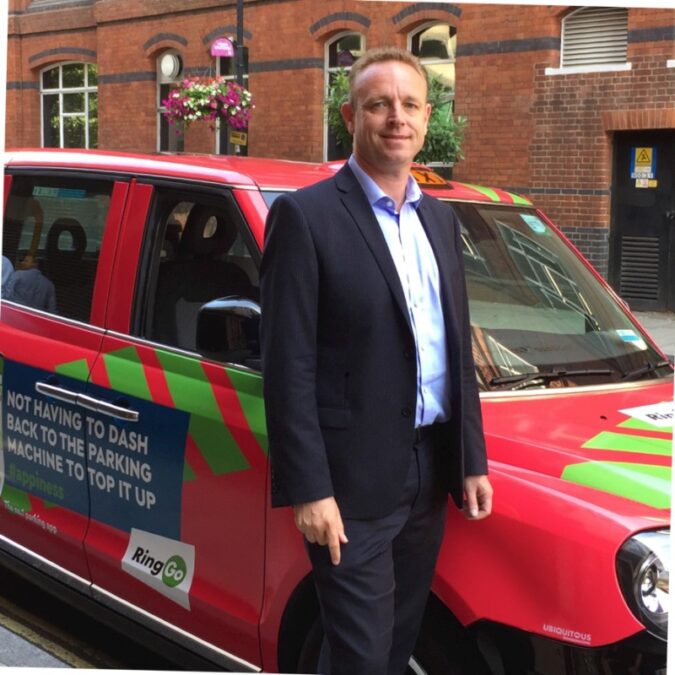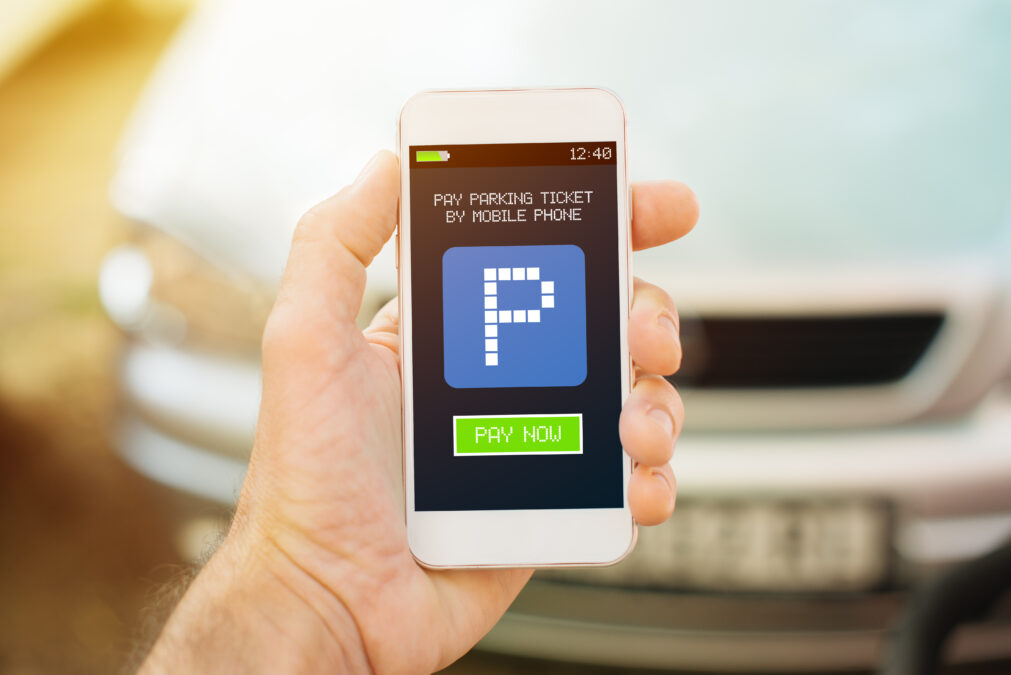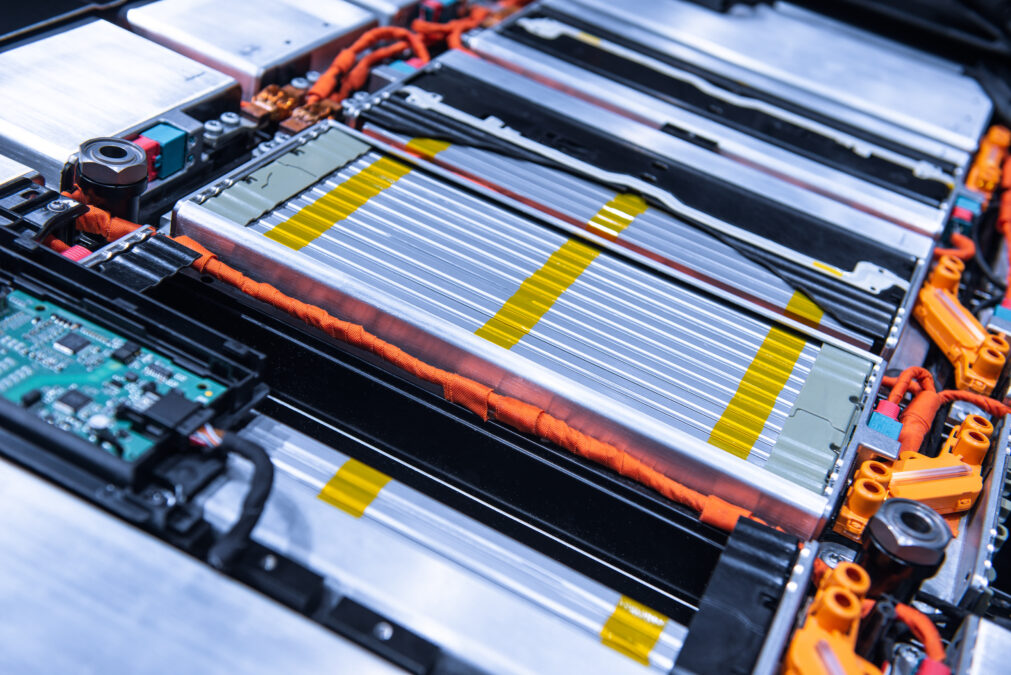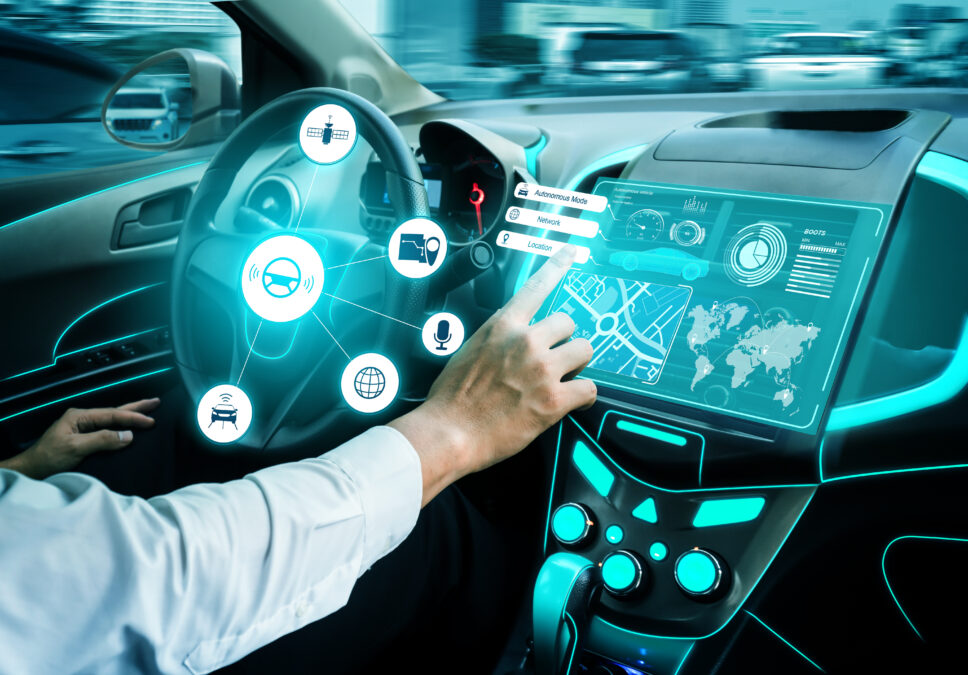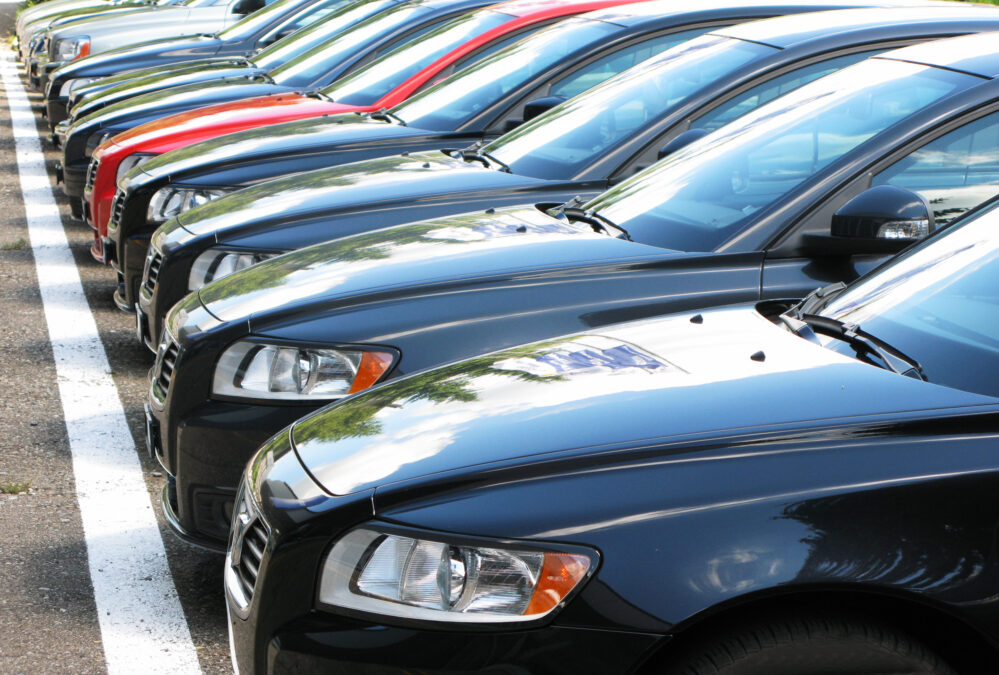As a fast-paced year for the mobility sector comes to a close, it’s clear that the rapid evolution experienced in 2021 is still in full flow. The emergence of EVs and digital transformation, alongside the long-term impact of COVID, have revolutionised personal travel. These developments bring with them innovation and opportunity, but they also create challenges for consumers, businesses, and local councils – especially in parking.
We reflect on how these challenges will likely manifest over the next year, and whether a single solution could provide the answer to some of 2022’s most pertinent parking issues.
Digital answers to parking frustrations
While the simplicity and convenience of digital solutions have done much to ease the stress of parking, there remain frustrations. A lack of facilities, the task of hunting for a spot, and a lack of payment choice are common pain points that feed negative perceptions. Today, drivers are demanding the same digital convenience for mobility as they do for broader consumer goods and services.
In 2022, these expectations will increasingly be met through open data networks. These will power AI powered navigation tools, providing real-time intelligence on parking availability, and precise locations to drivers via smartphone notifications or their own native infotainment system displays — with some models so digitally advanced that they could rightly be considered ‘smartphones on wheels’.
This new breed of smart vehicle is likely to be equipped with in-car payment solutions. Today, motorists must pull up, park, then fish out their phones to make a cashless parking payment. In 2022, this sequence will be far more streamlined for a lucky few, with their vehicles automatically taking care of all the payment legwork.
Outside of parking, open data networks will equip customers with vital information about a range of services designed to build convenience into their journeys; EV chargers, accessibility for disabled drivers, and air quality information, to name but a few. This will meet driver expectations and result in a positive shift in public attitudes towards parking.
How to sell mobility online
Embracing digital competition
While the days of hunting for change to pay for parking are almost over, the friction associated with payment remains. Drivers expect digital experiences to be seamless, convenient, and intelligent. However, the volume and variety of parking providers has resulted in motorists having to download (or re-download) multiple apps, enter payment details, and fill out personal information repeatedly.
In many ways, duplicating apps is even more frustrating than having to dig out your last 20p piece. Instead, allowing multiple digital parking providers to operate in the same car park should be considered a convenient and strategic option for the coming year.
Competition is healthy, driving parking providers to up their game in ease-of-use and accessibility. Instead of navigating numerous different apps, a single platform will let drivers select the payment service they most prefer, streamlining and de-stressing the parking process.
It’s good news for local authorities too. It will reduce the complexities and costs associated with tender processes and vendor switch outs, while helping to drive digital penetration as parking becomes easier for motorists.
Welcoming EVs as standard
Around one in ten new cars in the UK is electric, with uptake expected to soar over the next 12 months. Encouraging the switch to EVs will be supported by the legal requirement for new homes and businesses to have an EV charger installed from 2022. This can only be good news, given the imperative to act swiftly on global climate concerns and end the sale of fossil fuels in the coming decades.
As a result, 2022 will see growth of EV charging stations across the country. However, there are still some barriers to entry for would-be EV owners. A lack of charging service providers is a concern, as is the limited availability of high-speed charging point infrastructure. The absence of competition and a joined-up strategy between EV charging providers could inhibit the rapid acceleration of the required standardised infrastructure.
Hand-in-hand with EV charging is EV parking. Can these two essential elements be brought together? Drivers want the convenience of Plug-Pay-and-Play options, combining parking with charging while they go about their business – without having to set more aside time to ‘top up’ charge. To make this a reality, a streamlined digital system is required which allows motorists to pay for parking and charging simultaneously. We already see this taking place in Scandinavia today, and it must be a priority for the UK over the next 12 months, as we seek to mitigate climate change through cleaner transport.
Use cases for AI and automation in transport and logistics
Supporting local COVID recovery
With continuing concerns around COVID safety, many people are still wary of using public transport and prefer the comparative safety of their car. In our post-pandemic recovery period, anything that discourages people from visiting our ailing town centres and cities must be avoided.
Penalising motorists with hefty fines or inflated parking prices is a blunt tool, which can backfire. While they may inject short-term cash for councils, high parking costs and fines are a disincentive to visitors at a time when local economies need steady, sustainable income. Councils must consider this balance carefully over the next year while we continue recovery.
An open solution to a complicated market
It may seem optimistic to suggest that one solution can alleviate these myriad challenges, but we believe it can. An Open-Market for parking – multiple cashless parking solutions operating in the same area – is already making great strides and proving popular overseas. A relatively new concept in the UK, it offers promise.
And inroads are being made. As part of the National Parking Platform’s first Open-Market rollout, motorists in Manchester can choose to pay for parking through one of four providers. This will incentivise parking service providers to innovate and offer the best possible experience, and it provides additional reliability and efficiencies for those managing the services.
As well as Manchester, and now Cambridgeshire, Bournemouth, Christchurch, and Poole, the Open-Market is set to expand yet further next year. This will help democratise data, with parking providers and third parties able to securely share and access important data points, driving better digital services. Such an approach is a no-brainer and should become the go-to strategy from 2022 and beyond.
